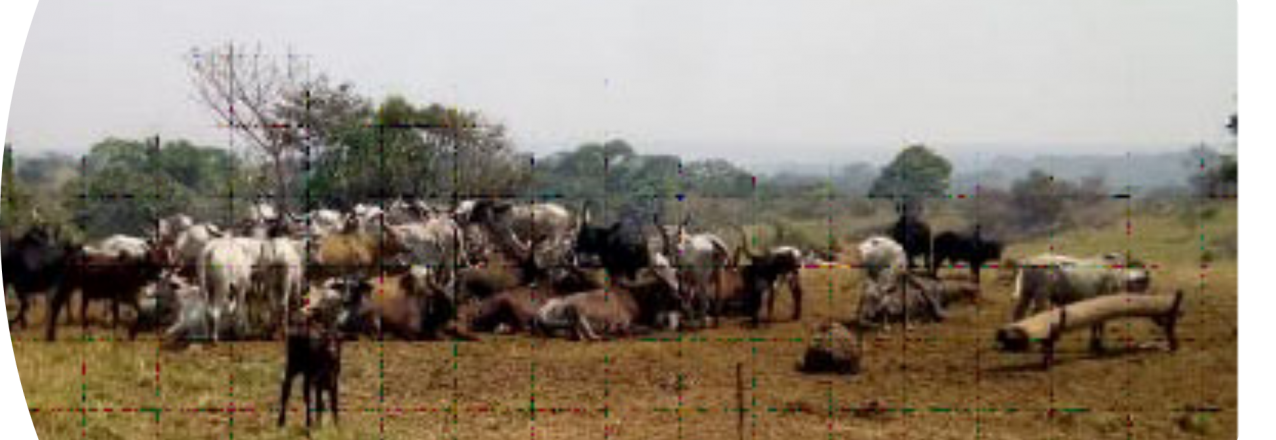Summary
The Artisanal Mining and Property Rights (AMPR) project in the Central African Republic (CAR) supports the United States Agency for International Development (USAID) Land and Resource Governance Division in improving land and resource governance and strengthening property rights for all members of society, especially women. AMPR serves as USAID’s vehicle for addressing complex land and resource issues around artisanal and small-scale mining (ASM) in a multidisciplinary fashion. The project focuses primarily on diamonds and, to a lesser extent, gold production in CAR, as well as targeted technical assistance to other USAID Missions and Operating Units in addressing issues within the ASM sector.
CAR’s Southwest has become increasingly contested due to competition over natural resources. Rich deposits of diamonds and gold cover most of the area, concentrated along rivers and streams. Historically, symbiotic relationships have brought mutual benefits and social goods to farmers, livestock herders, and artisanal miners through inter-community trade and mutually beneficial social interactions. The southwest has long been integrated into the international economy from the earliest days of the slave trade to the present-day export of timber and minerals.
This issue brief frames the current political struggles and outbreaks of violence in the southwest of the around CAR the deeper struggle for territorial control of grasslands and water resources required for livestock production. While generic descriptions of the country at times highlight the complex interactions between artisanal mining and livestock production, little in-depth empirical analysis was carried out until the USAID projects in the country began to examine the nuanced relationships between herding diamond mining and farming communities. Field assessments summarized here highlight the many types of issues confronted by Fulani pastoralists in their relations with farming and artisanal mining communities. Weak land governance, within the context of a fragile state, exacerbates the effects of environmental change and resource scarcity. Recently, coalitions have been created between politically motivated insurgency groups and some pastoralist groups that have led to insecurity and violence in the country.[1] Recent applied field research carried out by USAID through Concordis International and its own field assessments[2] offers pragmatic proposals addressed to stakeholder groups to address current conflicts between pastoralist, sedentary, and artisanal mining communities in southwest CAR (Moens-Lecumberri & Marsden, 2021).
[1] These events are much more deeply covered in other key publications like: Dukhan (2018); Glawion & de Vries (2018); Schouten & Kalessopo (2019); and International Crisis Group (2021b).
[2] See USAID Quarterly Reports and other project documentation on USAID Landlinks website: https://www.land-links.org/project/property-rights-and-artisanal-diamond-development-central-african-republic/
Authors: Freudenberger, M.S., DeJong T.U., & Brottem, L.


